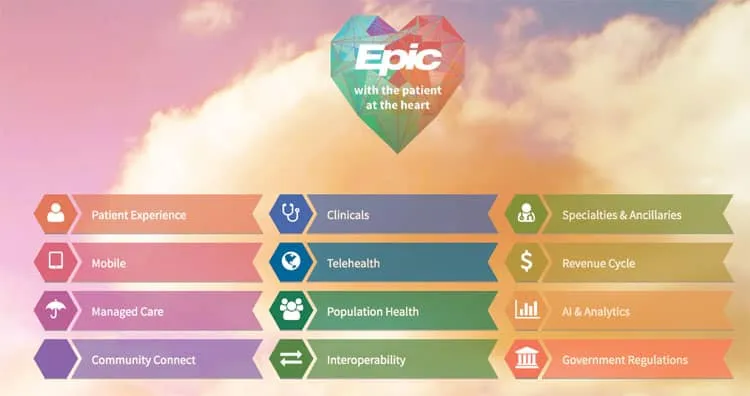Health-care systems expect savings from Epic Systems Corp.

Improving the portability and usability of electronic health records have been national goals for more than a decade, and Boulder Community Health’s move to the Epic Systems Corp. in October puts the medical system near the front of the pack.
“Epic gives our physicians and clinical staff the latest tools for providing optimal medical care, and our patients get access to a user-friendly patient portal that makes it easier and more convenient to connect with BCH,” said Michael Jefferies, vice president and chief information officer. “By far, rated by staff and patients, the best product…
THIS ARTICLE IS FOR SUBSCRIBERS ONLY
Continue reading for less than $3 per week!
Get a month of award-winning local business news, trends and insights
Access award-winning content today!




